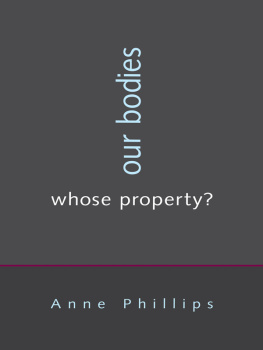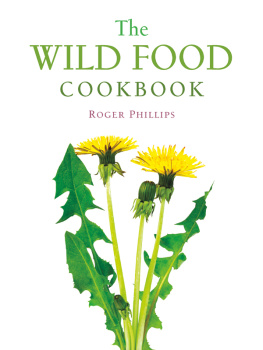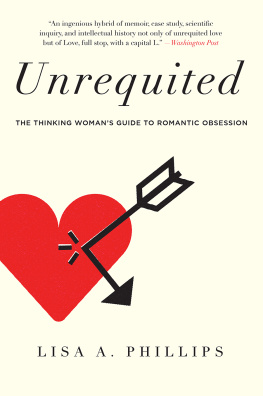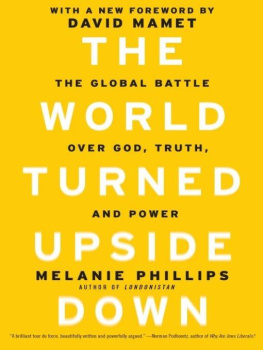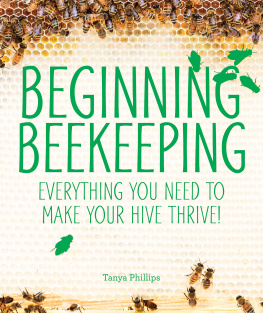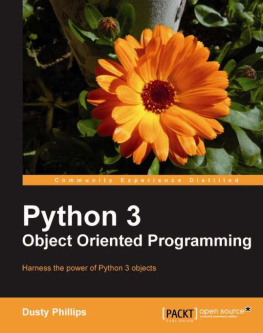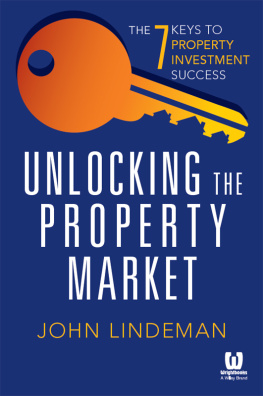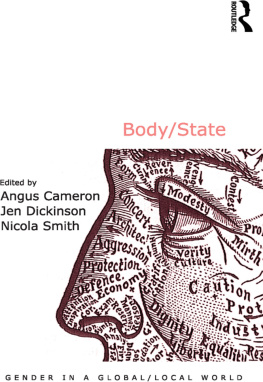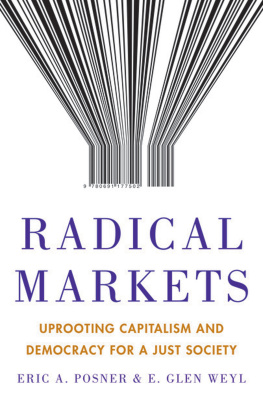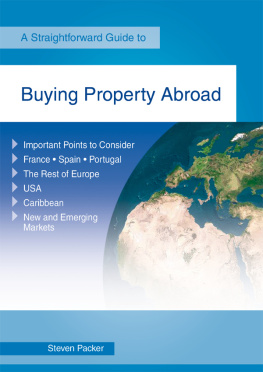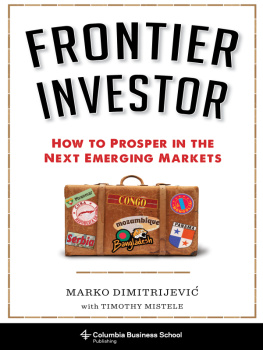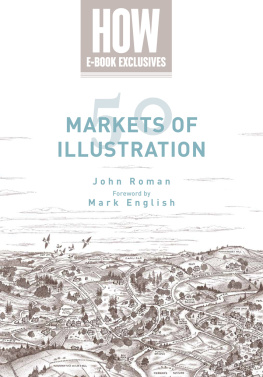Phillips - Our Bodies, Whose Property?
Here you can read online Phillips - Our Bodies, Whose Property? full text of the book (entire story) in english for free. Download pdf and epub, get meaning, cover and reviews about this ebook. City: Princeton, year: 2017;2013, publisher: Princeton University Press, genre: Romance novel. Description of the work, (preface) as well as reviews are available. Best literature library LitArk.com created for fans of good reading and offers a wide selection of genres:
Romance novel
Science fiction
Adventure
Detective
Science
History
Home and family
Prose
Art
Politics
Computer
Non-fiction
Religion
Business
Children
Humor
Choose a favorite category and find really read worthwhile books. Enjoy immersion in the world of imagination, feel the emotions of the characters or learn something new for yourself, make an fascinating discovery.
- Book:Our Bodies, Whose Property?
- Author:
- Publisher:Princeton University Press
- Genre:
- Year:2017;2013
- City:Princeton
- Rating:3 / 5
- Favourites:Add to favourites
- Your mark:
- 60
- 1
- 2
- 3
- 4
- 5
Our Bodies, Whose Property?: summary, description and annotation
We offer to read an annotation, description, summary or preface (depends on what the author of the book "Our Bodies, Whose Property?" wrote himself). If you haven't found the necessary information about the book — write in the comments, we will try to find it.
Our Bodies, Whose Property? — read online for free the complete book (whole text) full work
Below is the text of the book, divided by pages. System saving the place of the last page read, allows you to conveniently read the book "Our Bodies, Whose Property?" online for free, without having to search again every time where you left off. Put a bookmark, and you can go to the page where you finished reading at any time.
Font size:
Interval:
Bookmark:

Our Bodies,
Whose Property?
Anne Phillips
Our Bodies, Whose Property?
Princeton University Press
Princeton and Oxford
Copyright 2013 by Princeton University Press
Published by Princeton University Press,
41 William Street, Princeton, New Jersey 08540
In the United Kingdom: Princeton University Press, 6 Oxford Street, Woodstock, Oxfordshire OX20 1TW
press.princeton.edu
All Rights Reserved
Library of Congress Cataloging-in-Publication Data
Phillips, Anne, 1950
Our bodies, whose property? / Anne Phillips.
pagescm
Summary: No one wants to be treated like an object, regarded as an item of property, or put up for sale. Yet many people frame personal autonomy in terms of self-ownership, representing themselves as property owners with the right to do as they wish with their bodies. Others do not use the language of property, but are similarly insistent on the rights of free individuals to decide for themselves whether to engage in commercial transactions for sex, reproduction, or organ sales. Drawing on analyses of rape, surrogacy, and markets in human organs, Our Bodies, Whose Property? challenges notions of freedom based on ownership of our bodies and argues against the normalization of markets in bodily services and parts. Anne Phillips explores the risks associated with metaphors of property and the reasons why the commodification of the body remains problematic. What, she asks, is wrong with thinking of oneself as the owner of ones body? What is wrong with making our bodies available for rent or sale? What, if anything, is the difference between markets in sex, reproduction, or human body parts, and the other markets we commonly applaud? Phillips contends that body markets occupy the outer edges of a continuum that is, in some way, a feature of all labor markets. But she also emphasizes that we all have bodies, and considers the implications of this otherwise banal fact for equality. Bodies remind us of shared vulnerability, alerting us to the common experience of living as embodied beings in the same world. Examining the complex issue of body exceptionalism, Our Bodies, Whose Property? demonstrates that treating the body as property makes human equality harder to comprehendProvided by publisher.
Includes bibliographical references and index.
ISBN 978-0-691-15086-4 (hardback)
1. Liberty. 2. Capitalism. 3. Human body. 4. Property. I. Title.
JC585.P444 2013
323.44dc232012046764
British Library Cataloging-in-Publication Data is available
This book has been composed in Minion Pro and Syntax for Display
Printed on acid-free paper.
Printed in the United States of America
10 9 8 7 6 5 4 3 2 1
Contents
Acknowledgements
M Y BIGGEST DEBT, IN WRITING this book, is to my students, and particularly those who took my course in Feminist Political Theory as part of their MSc programme at the London School of Economics. In our often finely balanced debates about prostitution and surrogacy, I developed and clarified many of the thoughts that appear in this book. I also gradually overcame my initial preference, which was to declare these difficult issues and sit on the fence.
I wrote one of the chapters while holding a visiting fellowship at the Australian National University in FebruaryApril 2009. The invitation came courtesy of John Dryzek, who had expected me to work on matters of democracy but tolerantly accepted me writing about bodies instead. I presented versions of various chapters at philosophy, gender, and political theory seminars at the Universities of Sydney, Amsterdam, Oxford, and Cambridge, at the Victoria University of Wellington, and the London School of Economics, and benefitted from a good deal of critical feedback. Some of the argument had an early outing in an essay, Its My Body and Ill Do What I Like with It: Bodies as Objects and Property, published in Political Theory (39, no. 6 [2011]: 72448). I am grateful to the publishers for permission to reproduce parts of that essay here. I am even more grateful to the editors and readers for Princeton University Press and Political Theory, who took me to task on various oddities and helped me tighten the argument. Colleagues in my two departmentsthe Gender Institute and the Department of Governmentgave me pause for thought on many occasions, as did Ciaran Driver, partner of many infuriating discussions, who tried to curb my excesses as regards both property and the market. My thanks to all.
Our Bodies,
Whose Property?
Introduction
T HIS IS A BOOK ABOUT MARKETS, bodies, and property. It considers what, if anything, is the difference between markets in sex or reproduction or human body parts and the other markets we commonly applaud. Whatif anythingmakes the body special? People otherwise untroubled by the workings of market society often oppose commercial transactions in what we might call intimate bodily services or body products and parts. But can we justify what Nir Eyal terms body exceptionalism? Or is thinking the body special a kind of sentimentalism that blocks clear thinking about matters such as prostitution, surrogate motherhood, and the sale of spare kidneys?
In exploring these questions, I continue arguments opened up in a number of recent contributions, including Margaret Radins Contested Commodities, Debra Satzs Why Some Things Should Not Be For Sale, and Michael Sandels What Money Cant Buy.property has no obvious implications in terms of making it available for sale. My main example of this latter is what happens to our understanding of rape when the body is conceived as property and rape as a property crime. Thinking of the body as property potentially minimises its significance to our sense of who we are, and in many contexts accustoms us to thinking of it as a marketable resource. There is, however, no inevitable line of determination between adopting the metaphors of property and sending the body to market, and there is some evidencediscussed laterthat those engaged in body trades resist the language of property. The book addresses, therefore, two distinct though related questions. What, if anything, is wrong with thinking of oneself as the owner of ones body? What, if anything, is wrong with making our bodies available for rent or sale?
There is currently an international consensus that bodies are not property, and that neither human bodies nor human body parts should be traded as commodities. Slave markets are repudiated in every country in the world, though not entirely eliminated. Markets in babies are also illegal, though in academic debate at least, they not so entirely repudiated.allowing for these variations, there is clearly a perception that the body being yours is not enough to legitimate its trade. The body is yours, but that does not make it property, and does not give you the automatic right to determine whether to rent out or sell.
Why not? What justifies these restrictions on free individuals choosing to trade in their bodies and body parts? Do they depend, perhaps, on religious notions of the body that cannot nowindeed never couldbe regarded as universally shared? Can we continue, moreover, to justify the restrictions in a world where innovations in medical and reproductive technology create an ever-increasing demand? Prostitution has been with us for millennia, with arguments swirling backwards and forwards as to whether it should be legal, but it is now joined by more widely approved activities, where the burning issue is not so much whether they should be permitted, but whether they should be traded and paid. In vitro fertilisation has opened up unanticipated opportunities for the infertile to deploy someone elses body to carry an embryo to full term: most countries permit altruistic surrogacy, but many ban its commercial form. The success of complex transplant operations has created a use for, and thereby a shortage of, human body parts: though the Catholic Church was, for a time, opposed even to altruistic donation, the donation of human organs to save and extend life is now widely approved, but not their sale. Stem cell research currently depends on supplies of human ova: here, there is considerable opposition even to the research, but the difficult additional question is whether we should turn to the market for a steady supply of these eggs.
Next pageFont size:
Interval:
Bookmark:
Similar books «Our Bodies, Whose Property?»
Look at similar books to Our Bodies, Whose Property?. We have selected literature similar in name and meaning in the hope of providing readers with more options to find new, interesting, not yet read works.
Discussion, reviews of the book Our Bodies, Whose Property? and just readers' own opinions. Leave your comments, write what you think about the work, its meaning or the main characters. Specify what exactly you liked and what you didn't like, and why you think so.

